Currently, the private economic sector in Vietnam is becoming the most populous sector, making the largest contribution to the Vietnamese economy. Assessing the role of the private economic sector, in the article "Private economic development - Leverage for a prosperous Vietnam", General Secretary To Lam set out a strategic vision for 2030, the private economy is expected to contribute 70% of GDP, with many enterprises having the capacity to compete globally, mastering technology and deeply integrating into the international value chain.
Accompanying the development of the private economic sector in the 4.0 era, the role of enterprises in innovation, digital transformation and application of new technology cannot be ignored. Regarding this content, Ms. Trang Dao, Business Development Director of Evonik Vietnam, discussed with PV of PNVN Newspaper.

Ms. Trang Dao, Business Development Director of Evonik Vietnam
+ In your opinion, what are Vietnamese private enterprises taking advantage of from the 4.0 technology revolution? What factors help businesses take the lead in this trend?
Ms. Trang Dao: The fourth industrial revolution, which originated from the Hannover Messe fair in Germany in 2011, has opened a new era with the explosion of the Internet of Things (IoT), 3D printing technology, artificial intelligence (AI), nanotechnology and advanced materials. After more than a decade, these concepts are no longer strange to developed countries such as the US, China or Germany. For Vietnam, this is a golden opportunity for private enterprises to not only apply but also master technology, creating a foundation for sustainable development.
In fact, some Vietnamese private enterprises have pioneered the integration of modern technology into production, from smart production lines in the automobile, medical equipment, electronics to high-tech agriculture . However, this number is still limited, mainly concentrated in large enterprises with strong investment capital or serving exports. Meanwhile, foreign companies in Vietnam are leading in the ability to master technology. To be at the forefront of this trend, Vietnamese enterprises need strategic vision, policy support and access to advanced resources and technology.
+ However, the reality is that many Vietnamese private enterprises are still quite slow in innovation and technology application. In your opinion, what is the main reason for this situation? What are their main difficulties?
Ms. Trang Dao: The world is constantly changing, especially in the context of volatile geopolitics and fierce economic competition. Vietnamese private enterprises, more than ever, need to innovate to increase their internal strength and adaptability. However, the reality shows that many Vietnamese enterprises are still lagging behind. The main reasons lie in the lack of clear direction, administrative procedures and especially the difficulty in accessing capital to invest in technology.
To overcome this challenge, businesses need guidance from the Government and leading enterprises, along with practical support policies such as simplifying procedures, providing tax incentives and facilitating access to capital. These are vital factors to stimulate innovation, helping private enterprises not only survive but also reach out to the international arena.

Vietnamese private enterprises are applying digital transformation and innovation to increase internal strength and adaptability. Illustrative photo
+ From the above sharing, in your opinion, is the current Government policy strong enough to promote private enterprises to apply technology more strongly? Can you make some suggestions on necessary support policies from the Government or financial institutions to promote Vietnamese private enterprises to successfully transform digitally?
Ms. Trang Dao: Vietnam has recently made many remarkable steps, such as including digital transformation and technology development in the 7 breakthrough strategies proposed by General Secretary To Lam. The establishment of agencies to promote innovation, international cooperation to streamline administration and build an international financial center are positive signals. However, to truly create momentum for private enterprises, it is necessary to more strongly implement tax support policies, resolve administrative procedures quickly and smoothly, help enterprises access capital and participate in public-private partnership (PPP) projects.
I propose that the Government promote localization of production, focus on innovation and research and development in industries where Vietnam has competitive advantages, encourage technology transfer from reputable foreign enterprises, and at the same time build a healthy ecosystem for domestic enterprises to master technology. This not only ensures supply chain security but also spreads benefits to the entire economy.
+ How do you perceive the role of Vietnamese private enterprises in contributing to the country's escape from the middle-income trap through innovation and digital transformation?
Ms. Trang Dao: Private enterprises, accounting for 98% of the total number of enterprises in Vietnam, are an important lever for the country to overcome the middle-income trap. With their initiative, flexibility and creativity, they can create their own competitive advantages, from high-tech agriculture to key industries such as electronics and semiconductors. I believe that innovation and digital transformation not only help businesses improve efficiency but also contribute to shaping a new playing field, meeting global needs and bringing Vietnam closer to the group of developed countries.
+ In the next 5-10 years, what do you expect from the development of Vietnamese private enterprises in the field of technology application and innovation?
Ms. Trang Dao: I hope to see many Vietnamese private enterprises rise to the top, creating their own "blue ocean", similar to Samsung of Korea or TSMC, Huawei. Vietnam has the potential to become a reputable partner, on par with developed countries.
Although this journey is not easy, I believe that it is never too late to start. Foreign investors are always committed to accompanying Vietnamese enterprises, supporting technology transfer and cooperation to create a sustainable future.
+ Thank you very much!
Ms. Trang Dao graduated with a Master's degree in Germany and is currently the Business Development Director of Evonik Vietnam, one of the world's leading companies in specialty chemicals. Ms. Trang Dao also has more than 10 years of experience working at the German Chamber of Commerce and Industry in Vietnam, holding many important roles, supporting German enterprises to develop their business and investment in Vietnam. Previously, she managed a financial investment fund under Petro Vietnam and held many positions at KPMG Germany, providing strategic advice to corporations such as BMW, MAN, Siemens, and Hexal.
Source: https://phunuvietnam.vn/doanh-nghiep-tu-nhan-can-doi-moi-de-tang-noi-luc-va-kha-nang-thich-ung-20250411101902633.htm








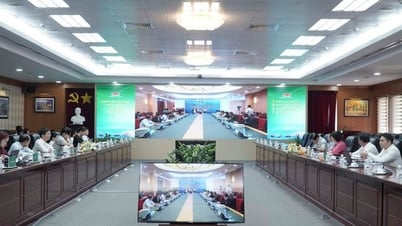


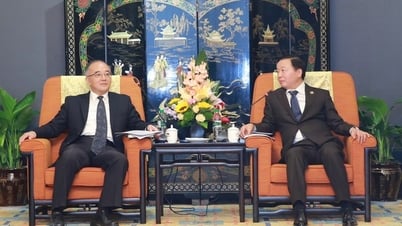


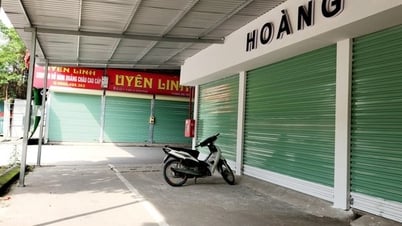




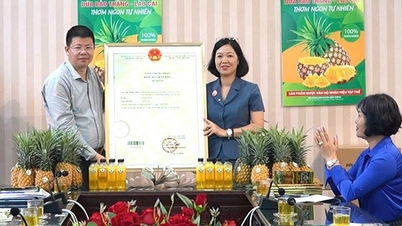
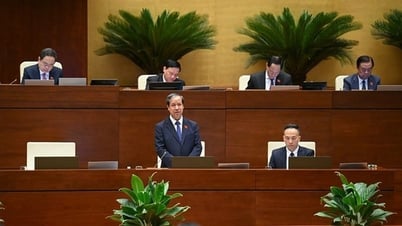




































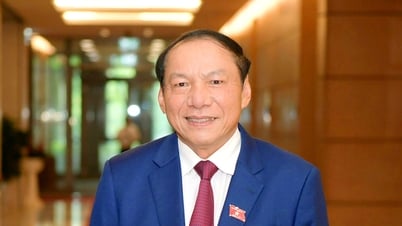








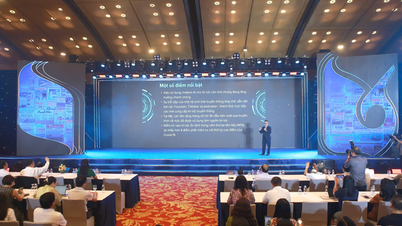















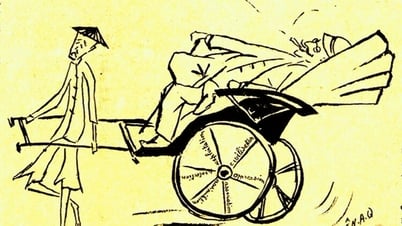

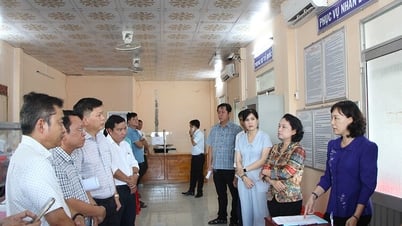















Comment (0)